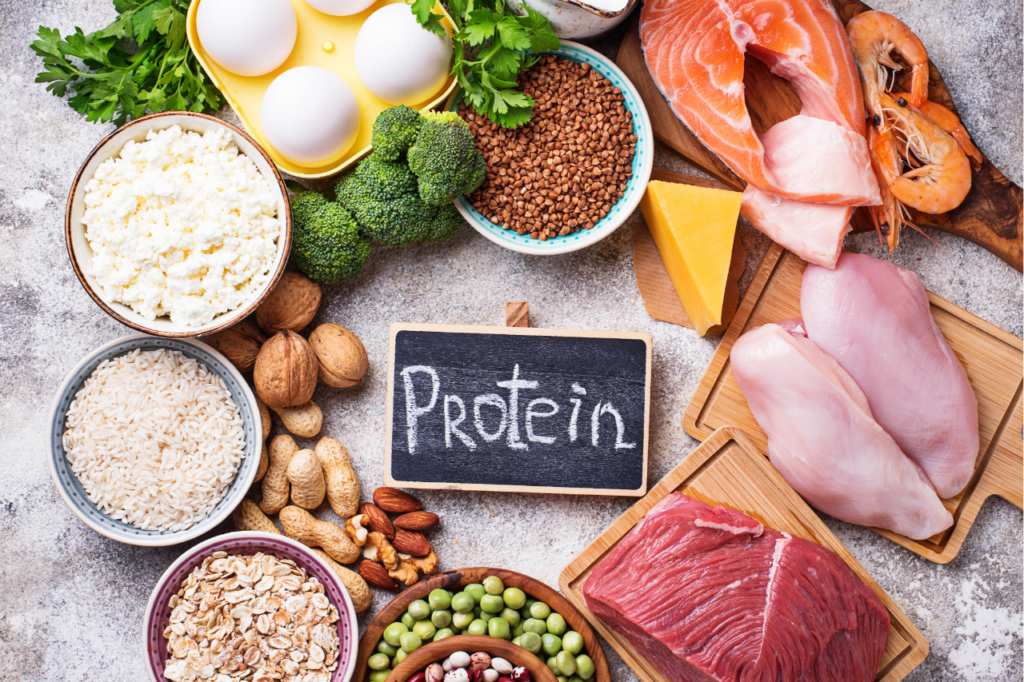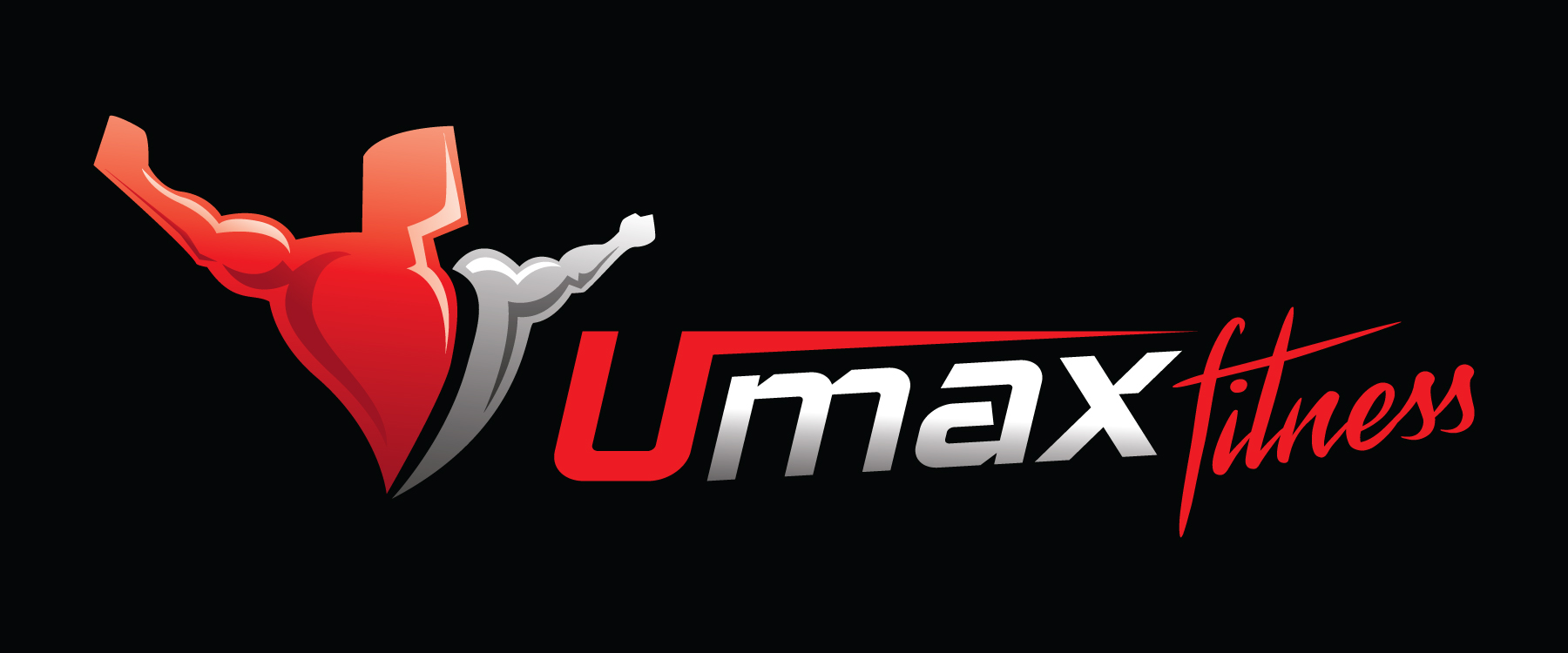The Truth About Protein: How Much Do You Really Need?
When it comes to fitness and nutrition, few topics spark as much debate as protein. It seems like everyone—from bodybuilders to casual gym-goers, and even those just trying to eat a healthier diet—wants to know how much protein they should be consuming. But with so many different recommendations out there, it can be overwhelming to figure out what’s best for you.
Let’s break down the truth about protein: what it does, how much you really need, and how to make sure you’re getting enough.

What Is Protein and Why Do You Need It?
Protein is one of the three macronutrients your body needs, alongside carbohydrates and fats. It’s a crucial building block for muscles, tissues, enzymes, and hormones, making it essential for nearly every function in the body.
Proteins are made up of amino acids, which are often referred to as the “building blocks” of life. There are 20 amino acids in total, and nine of these are considered essential because your body cannot produce them on its own—they must be obtained through your diet.
But protein isn’t just important for muscle repair and growth. It’s involved in immune function, wound healing, and supporting the structure of cells, among many other vital processes. Without enough protein, your body can’t perform these functions optimally, which can lead to muscle loss, fatigue, weakened immune system, and other health issues.
How Much Protein Do You Actually Need?
When it comes to how much protein you should consume, there’s no one-size-fits-all answer. Several factors influence your protein needs, such as age, gender, body composition, activity level, and health goals. However, there are some general guidelines that can help you determine your ideal intake.
The Recommended Daily Allowance (RDA)
The RDA for protein is the amount deemed sufficient to meet the nutritional needs of 97-98% of the healthy population. For most adults, the RDA is 0.8 grams of protein per kilogram of body weight.
For example:
- A person who weighs 70 kg (154 pounds) would need about 56 grams of protein per day.
- A person who weighs 90 kg (198 pounds) would need about 72 grams of protein per day.
This amount of protein is generally enough to maintain basic bodily functions and prevent deficiency for the average person who isn’t very active.
Protein Needs for Active Individuals
If you’re active, your protein needs increase. Whether you’re lifting weights, doing cardio, or engaging in other forms of exercise, protein plays a key role in muscle repair and recovery. If you’re aiming to build muscle or strength, you may need more protein to support the recovery and growth of muscle fibers.
For active individuals, protein requirements typically range from 1.2 to 2.2 grams per kilogram of body weight. The exact amount depends on your specific activity level and goals.
- For moderate exercise (e.g., regular cardio or light resistance training), the recommendation is about 1.2-1.4 grams per kilogram of body weight.
- For more intense training (e.g., heavy weightlifting or endurance sports), you might need closer to 1.6-2.2 grams per kilogram of body weight.
For example, a person who weighs 70 kg (154 pounds) and does intense weightlifting may need anywhere from 84 to 154 grams of protein per day.

Protein Needs for Older Adults
As we age, maintaining muscle mass becomes increasingly important for maintaining overall health and functionality. Protein is essential for preventing muscle loss (sarcopenia), which can lead to weakness, falls, and decreased mobility in older adults.
Older adults generally need higher protein intakes than the RDA to preserve muscle mass and support overall health. Aiming for 1.2 to 1.5 grams of protein per kilogram of body weight can help prevent muscle breakdown and improve recovery after exercise.
Protein Needs for Weight Loss
If you’re trying to lose weight, increasing protein intake can be particularly beneficial. Protein helps keep you feeling fuller for longer, which can help curb cravings and prevent overeating. Additionally, when you’re in a calorie deficit (eating fewer calories than you burn), consuming more protein helps preserve lean muscle mass while your body burns fat.
A higher protein intake—around 1.6 to 2.2 grams per kilogram of body weight—can help with fat loss while maintaining muscle mass. For example, if you weigh 80 kg (176 pounds) and are in a calorie deficit, aiming for 128 to 176 grams of protein per day could be helpful.
Is There Such a Thing as Too Much Protein?
While protein is essential for your health and fitness goals, it’s important to understand that more isn’t always better. Consuming excessively high amounts of protein over long periods can strain your kidneys, particularly if you already have pre-existing kidney conditions. However, for healthy individuals, there’s little evidence to suggest that high protein intakes (even up to 2.5-3 grams per kilogram) cause harm.
It’s also important to remember that consuming protein beyond your needs won’t result in significantly more muscle gain. Your body can only utilize a certain amount of protein at a time, and the excess is either used for energy or stored as fat.
How to Get Enough Protein
Meeting your daily protein needs can be simple with a balanced diet that includes a variety of protein-rich foods. Here are some great sources of protein:
Animal-Based Proteins:
- Chicken, turkey, and lean meats (beef, pork)
- Fish and seafood (salmon, tuna, shrimp)
- Eggs and dairy products (milk, yogurt, cheese)
- Whey protein (a fast-digesting protein that’s great for post-workout recovery)
Plant-Based Proteins:
- Legumes (lentils, chickpeas, black beans)
- Nuts and seeds (almonds, sunflower seeds, chia seeds)
- Tofu and tempeh
- Quinoa and whole grains
- Plant-based protein powders (pea protein, brown rice protein)
Combining different plant-based sources can ensure you’re getting all the essential amino acids if you’re following a vegan or vegetarian diet.
Protein Supplements:
If you struggle to get enough protein through whole foods alone, protein supplements can be an effective option. Whey protein, casein, and plant-based protein powders (like pea or hemp protein) are convenient options that can be added to smoothies or shakes.
Signs You Might Not Be Getting Enough Protein
If you’re not getting enough protein, your body will begin to show signs of deficiency. Some common symptoms of low protein intake include:
- Fatigue or low energy levels
- Muscle weakness or a decrease in muscle mass
- Slow recovery from exercise
- Hair thinning or hair loss
- Weakened immune system (more frequent illness or infections)
- Poor skin health (dry, dull skin, or breakouts)
If you’re experiencing any of these symptoms and suspect a lack of protein, it’s worth reviewing your diet and considering increasing your protein intake.
Protein Timing: Does It Matter?
There’s a lot of talk about protein timing—the idea that you should consume protein at specific times for maximum benefit. One of the most common recommendations is to eat protein within 30 to 60 minutes after a workout to promote muscle recovery and growth.
While protein timing isn’t as crucial as once thought, consuming protein throughout the day (rather than all at once) is beneficial. Spreading your intake across meals helps maintain a steady supply of amino acids to your muscles and supports muscle protein synthesis.
Conclusion: The Truth About Protein
So, how much protein do you really need? It depends on your individual goals, activity level, and body composition. For most people, aiming for around 0.8-1.0 grams per kilogram of body weight is sufficient for basic health. However, if you’re active, older, or trying to lose weight or build muscle, you may benefit from increasing your intake to 1.2-2.2 grams per kilogram.
Remember, protein is just one piece of the puzzle. A balanced diet that includes a variety of nutrients, along with regular exercise, is essential for optimal health. But understanding your protein needs—and making sure you’re meeting them—can be a game-changer for your fitness and overall well-being.
Get the Right Amount of Protein for You
If you’re unsure about your protein needs or need help designing a nutrition plan that fits your lifestyle and goals, don’t hesitate to reach out. At UMAXFitness, we provide personalized fitness and nutrition advice to help you feel your best.
